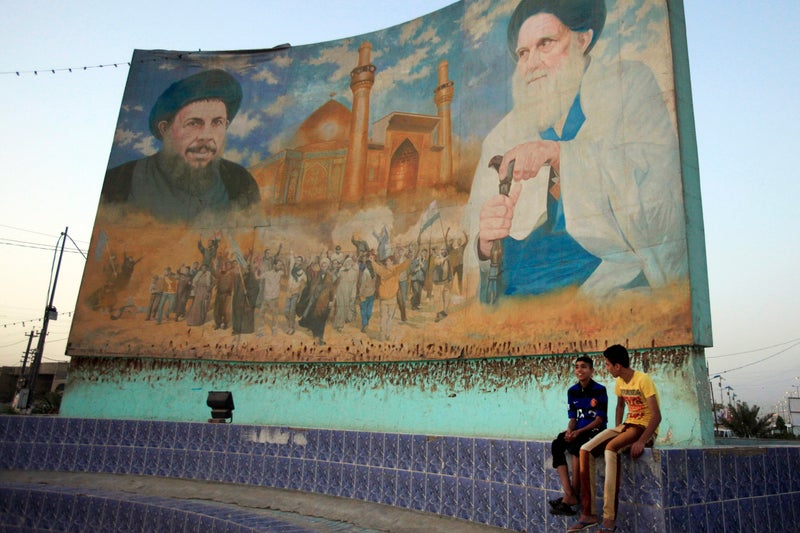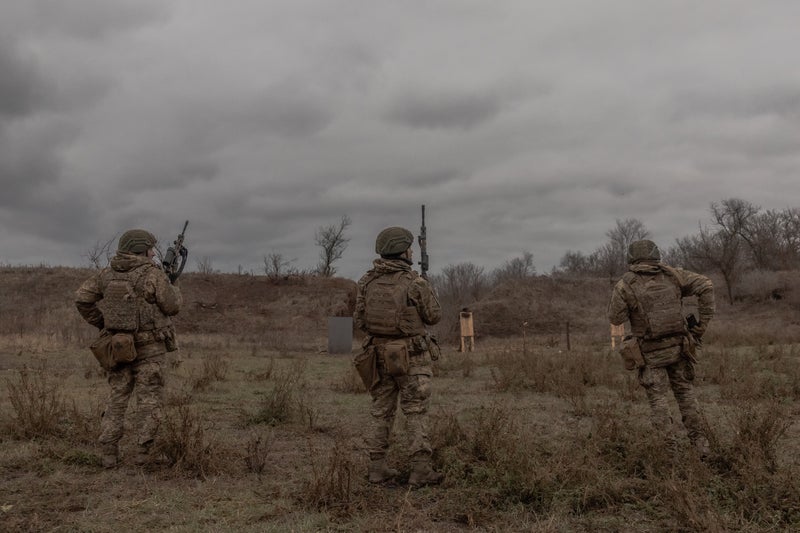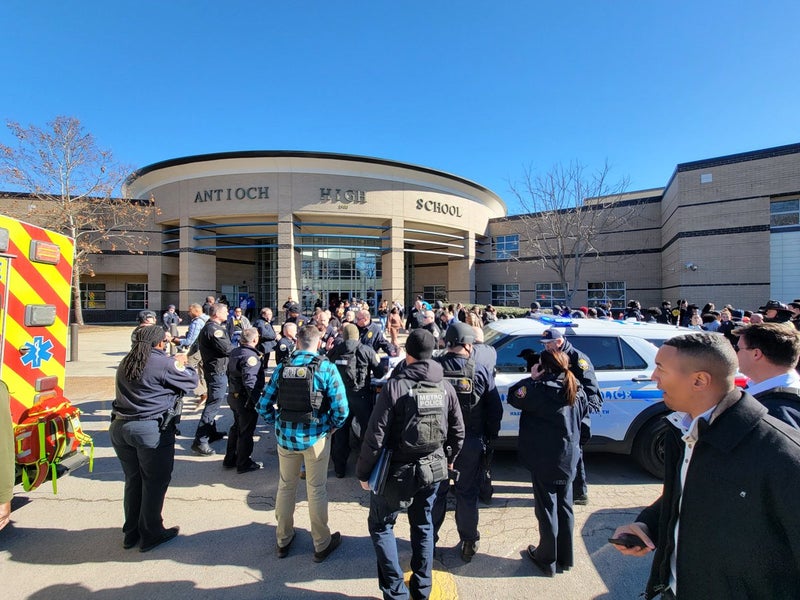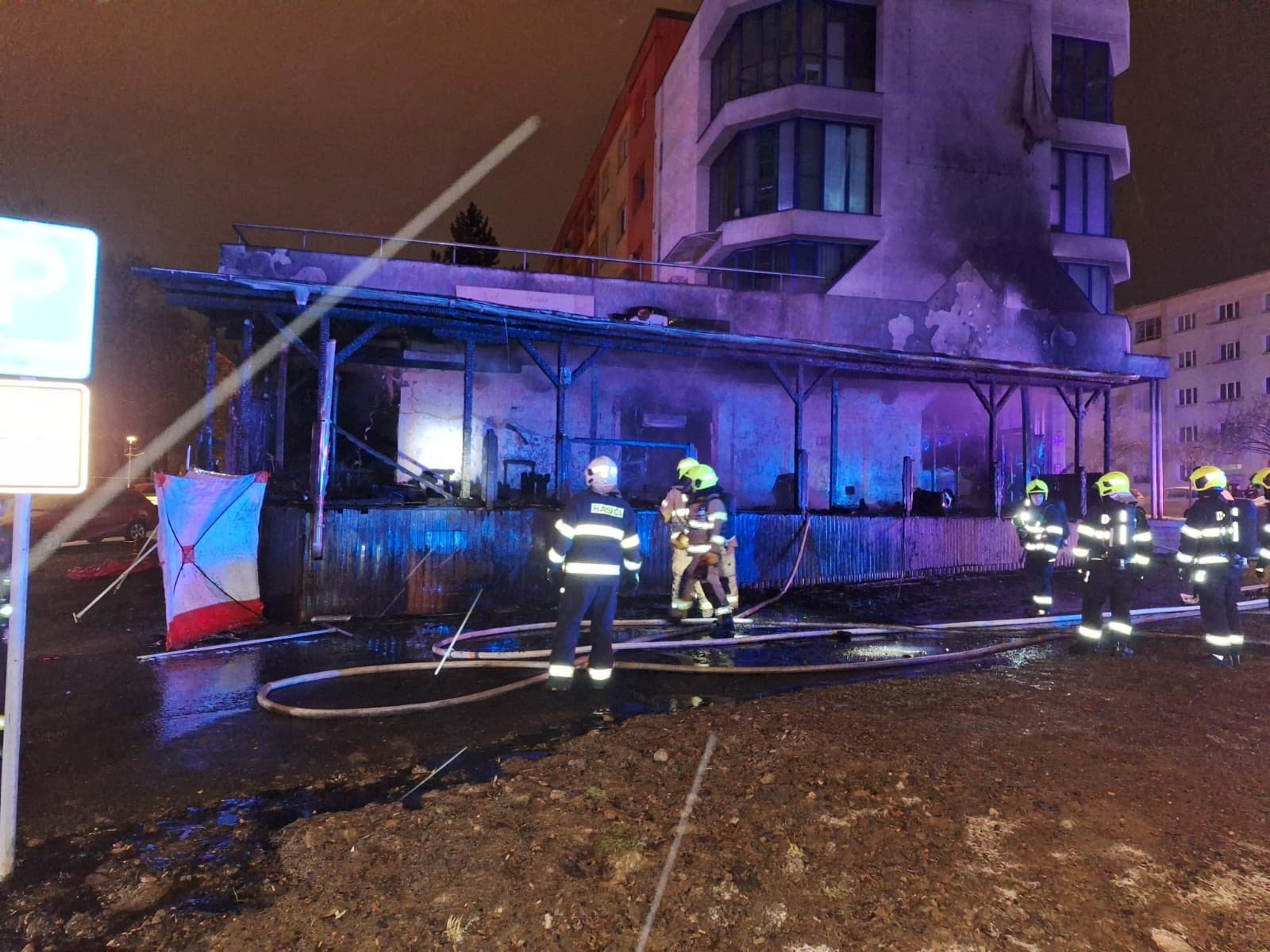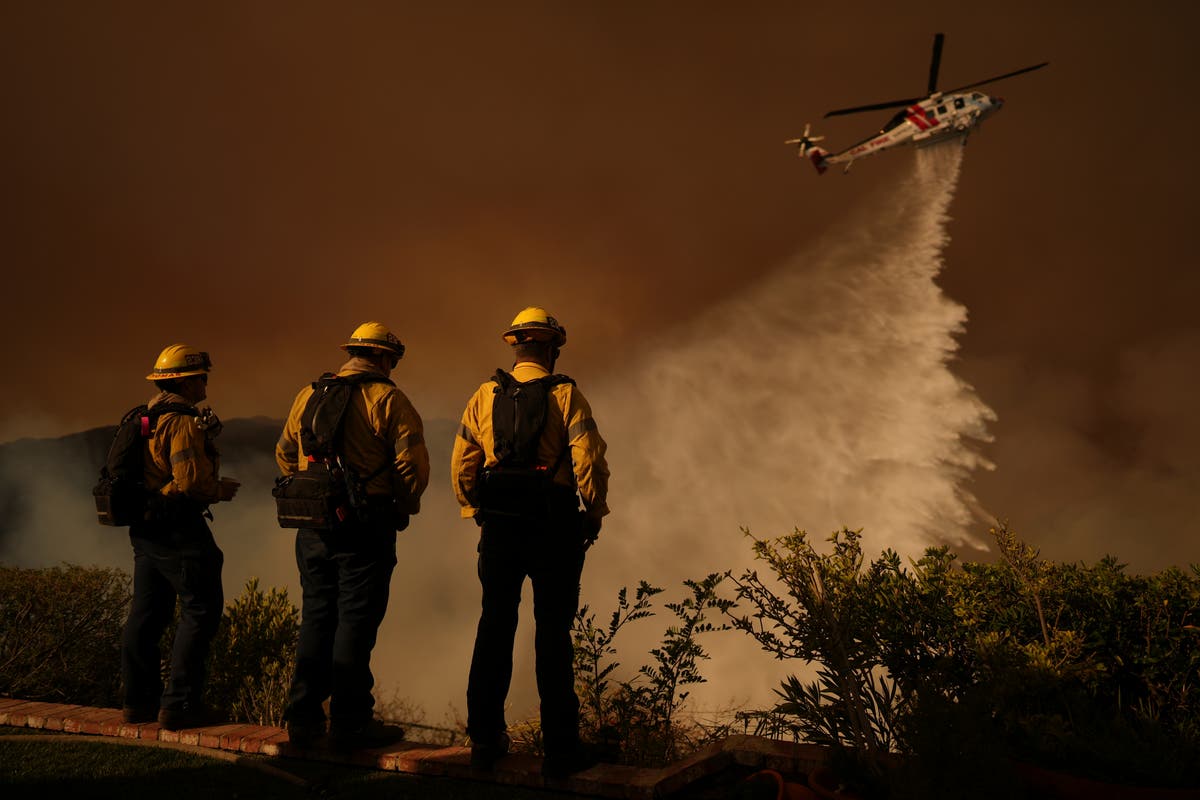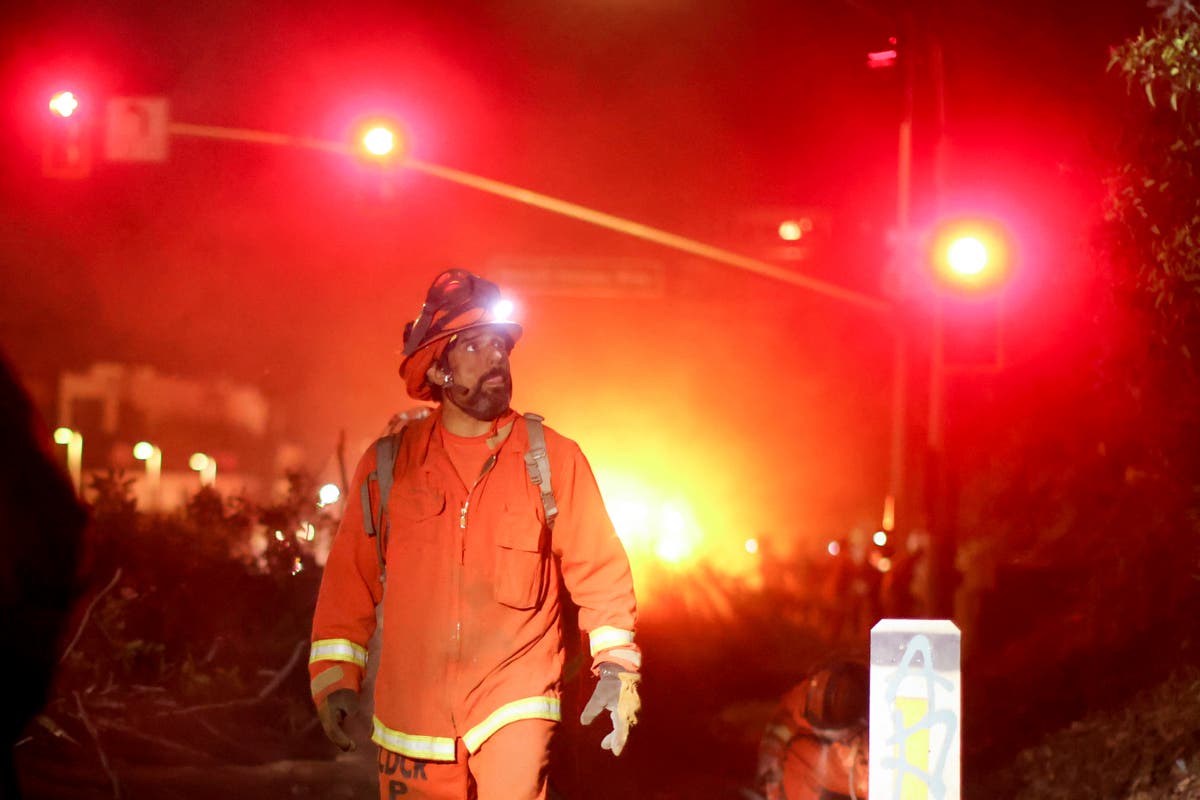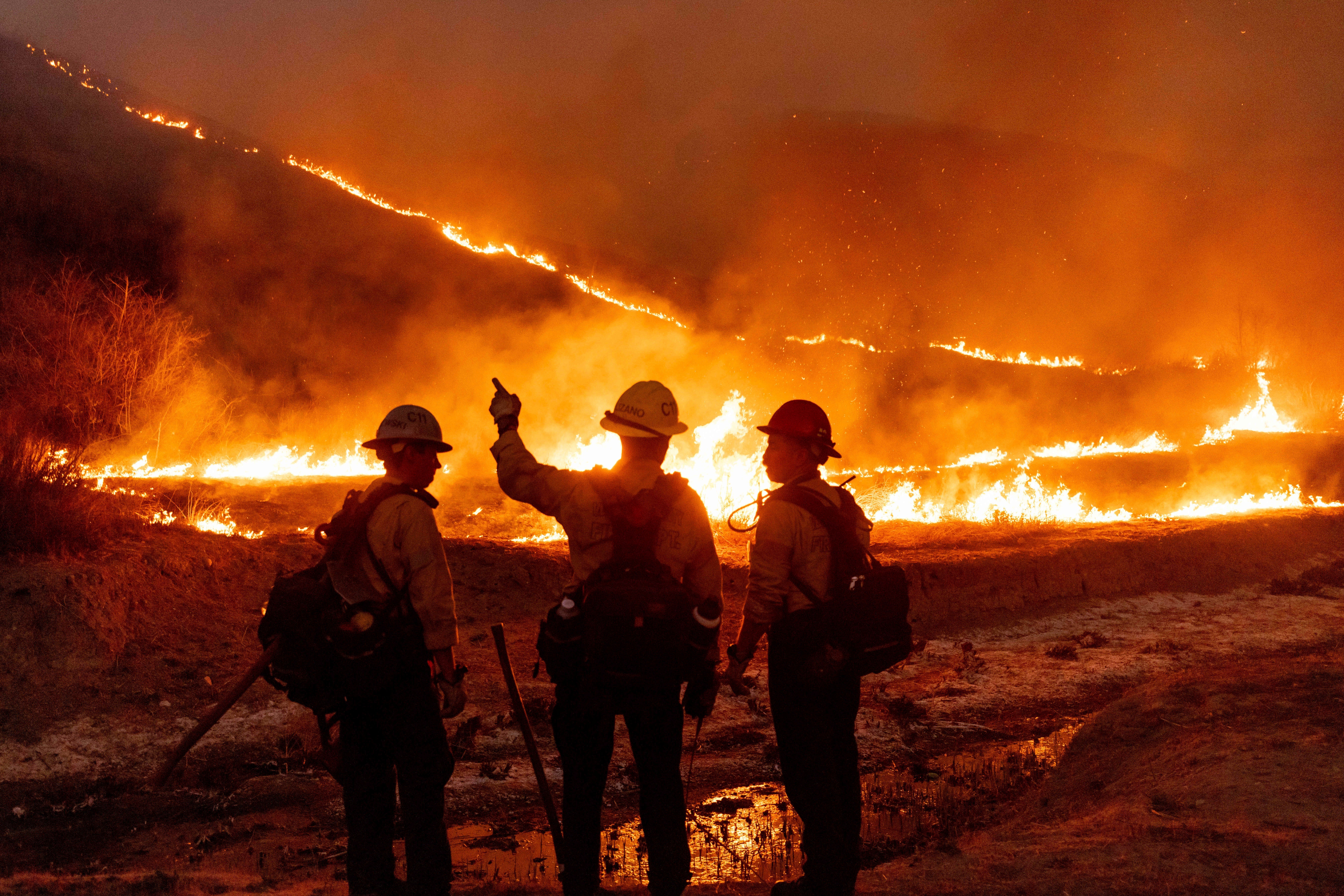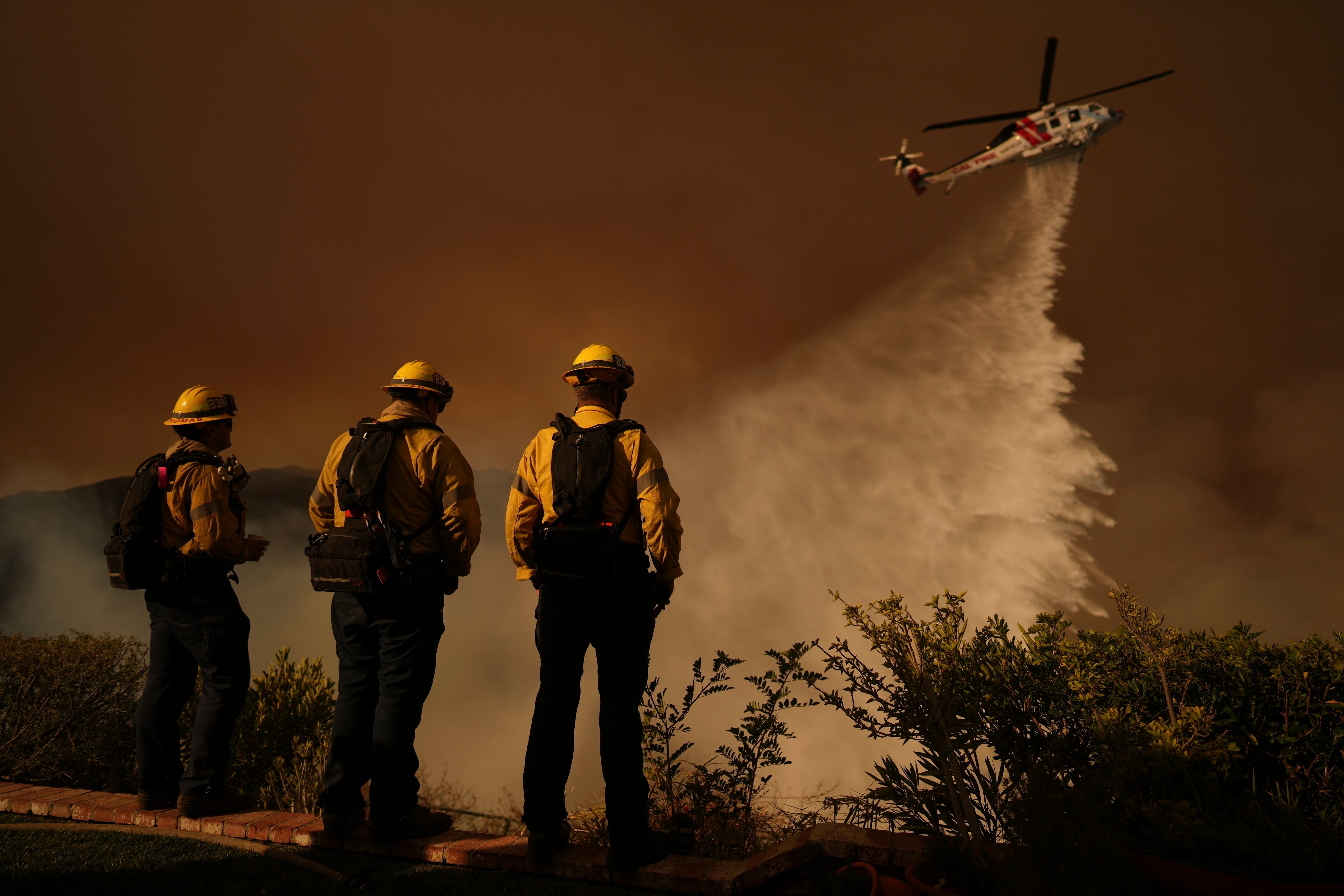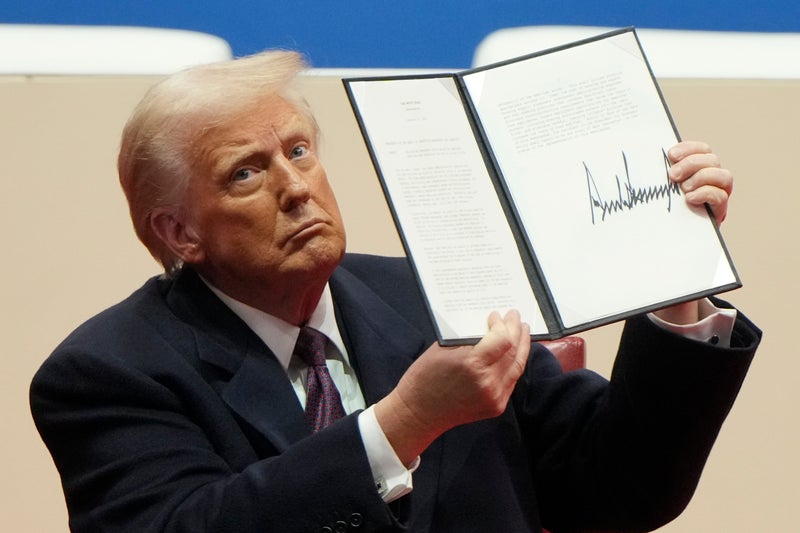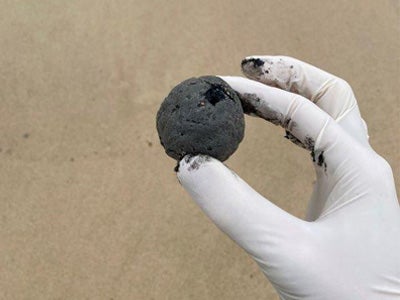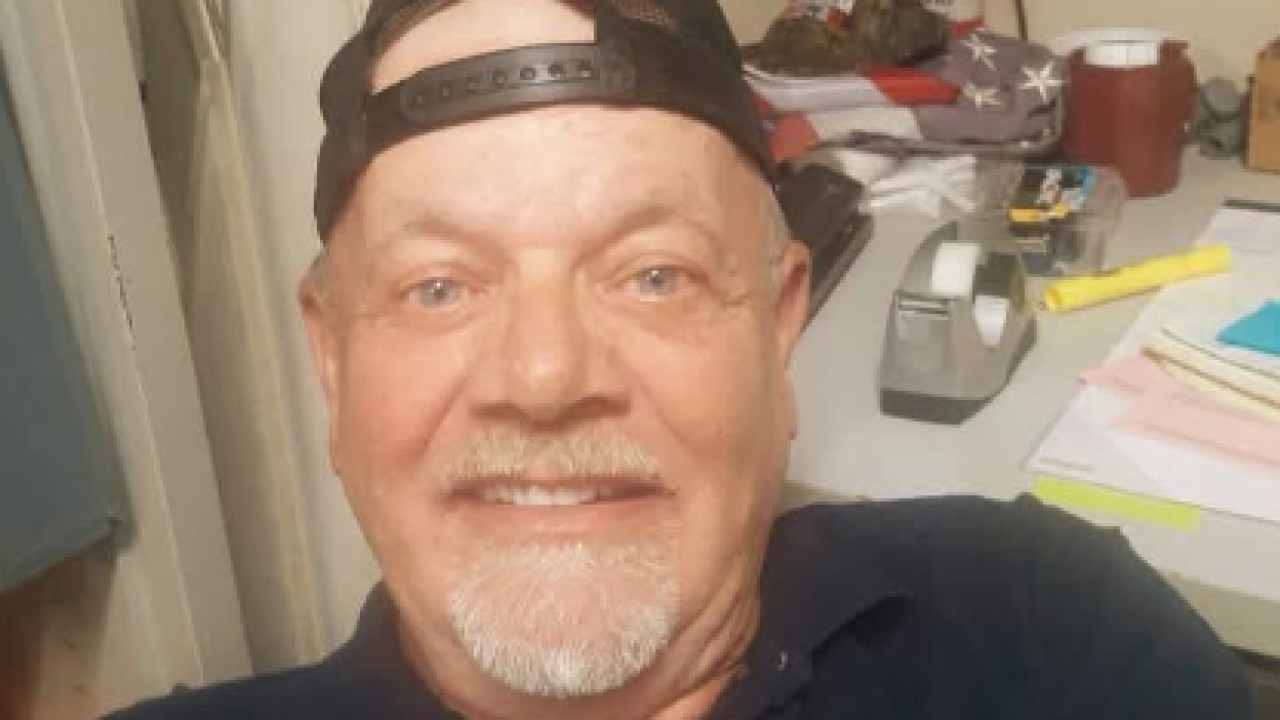Iran's record execution rate casts shadow on death penalty reprieve for Kurdish activist Pakhshan Azizi
Iran's record execution rate casts shadow on death penalty reprieve for Kurdish activist Pakhshan Azizi
Share:
Activist stands convicted of ‘inflaming the situation’ during 2022 protests in Iran. Iran has given temporary reprieve from execution to Kurdish activist Pakhshan Azizi, but the uncertainty has only increased the agony of her family, rights activists said. Ms Azizi, 40, who worked to shelter women and children displaced by the war in Syria, received last-minute relief from capital punishment over the weekend, but activists fighting her case are not resting yet.
“While this is a temporary win, we have seen many times in the past that the person is still executed. By no means can we say this relief is trustworthy or that it has taken the pressure off us in any sense,” Skylar Thompson, deputy director of Human Rights Activists in Iran, said. Ms Azizi has been convicted of entering Iran and “inflaming the situation” during the Mahsa Amini protests in September 2022. The unrest, spearheaded by women, had erupted after Amini, 22, was arrested by morality police, allegedly for not wearing her hijab appropriately, and died in custody.
Iran’s supreme leader, Ayatollah Ali Khamenei, has declared in the past that “unveiling is both religiously forbidden and politically forbidden”. The protests started with the slogan “Women, Life, Freedom” but quickly morphed into open calls for revolt against the Iranian government, prompting a crackdown that, according to the news agency Associated Press, left 500 people dead and over 22,000 detained.
“She entered the country to inflame the situation in Iran, contacted the families of those killed in the riots of 2022-23, explained to them the goals and programmes of the opposition group, and encouraged them to continue their protests and not to give up the blood revenge for their children,” the Islamic Revolutionary Court in Tehran ruled while convicting Ms Azizi. The activist, held in Tehran’s Evin jail, hasn’t been allowed to meet her family since last July, when she was sentenced. She was convicted on charges of “armed insurrection” through “effective activities and efforts using weapons to advance the goals of groups that have carried out armed uprisings against the Islamic government and whose leadership remains intact”, according to the Kurdistan Human Rights Network.
The activist has denied any involvement in armed operations. Ms Azizi is one of at least 54 prisoners who have been condemned to death on political or security charges in the country. Iran executed 853 people in 2003 and 930 last year, the most in a decade, sending a chilling message to dissidents in the country and prompting United Nations human rights chief Volker Turk to urge Tehran to “stem this ever-swelling tide of executions”.
“As Iran faces mounting international scrutiny, civil society must seize this moment to amplify ongoing abuses, particularly as executions in 2024 have surpassed a staggering 930 cases," Ms Thompson said. Rights activists have called on the international community to exert pressure on the Islamic Republic to terminate the death sentences of female convicts in particular and offer them fair trials.
“The international community too often leaves Iranian women behind, only paying attention when polarizing events make headlines,” Ms Thompson told The Independent. “But the reality is that women in Iran, and Iranians more broadly, face systematic human rights violations every day, amounting to crimes against humanity.”. She said world leaders owed it to Iranians to keep human rights at the forefront of any dialogue with Tehran. “Any negotiations with Iran must put human rights on the table,” she said, “silence on this issue is complicity.”.


